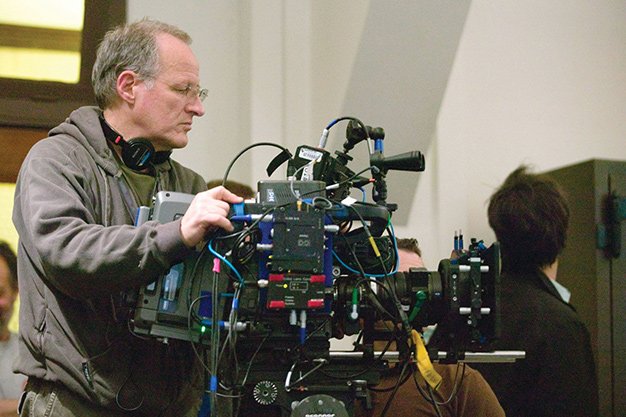
Michael Mann is one of the most prominent filmmakers of his time – one with his own distinct style and themes that are synonymous with him. His upcoming film – Ferrari has been announced – and there’s a good chance it might be his last. To honor Mann and celebrate his upcoming film, I ranked all of his films.
The Keep
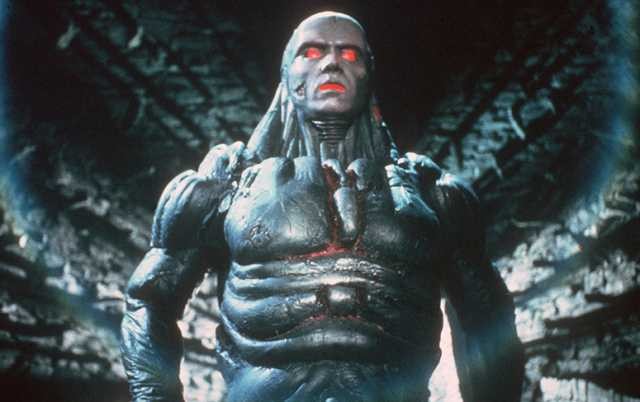
Ian McKellen, a young and unsettlingly hot Scott Glenn, and a Nazi-hunting supernatural force. There are so many great things about The Keep – I want to love it. But it’s hard to connect with this unfinished mess. It’s kind of unwatchable. I don’t think it deserves disowned status ( Mann has avoided talking about this film for years), but I can’t even imagine watching this if it was the original 3-hour run-time Mann wanted.
The Last of the Mohicans
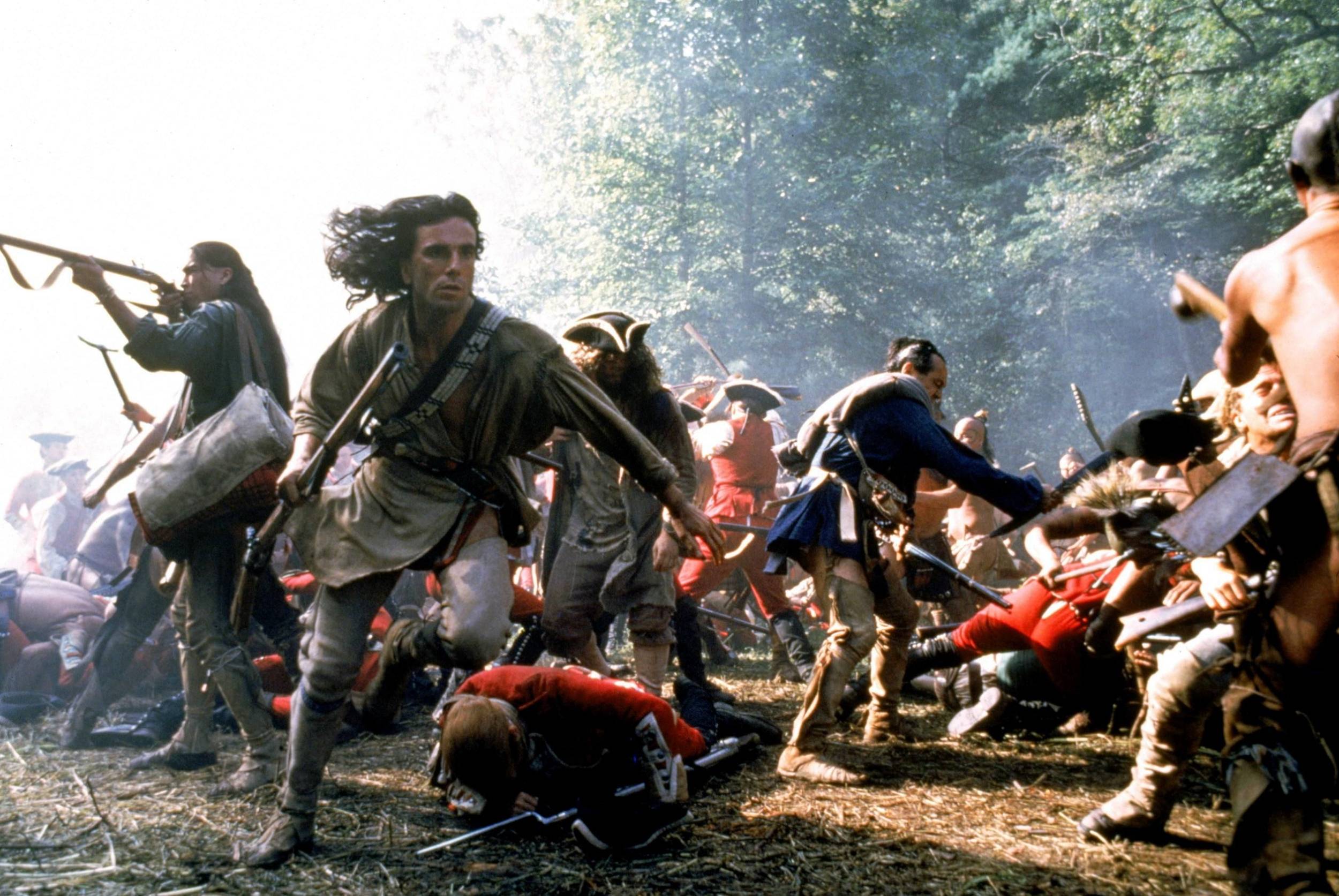
Mann’s film adaptation of James Fenimore Cooper’s novel is still his most commercially successful film – the biggest hit. Which makes sense – it’s epic and romantic. It also came during a time when Americans were interested in watching stories that explored our country’s messy and exploitative relationship with its Native Americans. Even if those explorations are a trite or straight-up hackneyed. Still, unlike its predecessor, Dances with Wolves, there is something a little more bittersweet about The Last of Mohicans. Its final sequence is an impressive and dialogue-less showcase – Mann strips all dialogue and relies on cinematography, sound, the actor’s physical performance, and the understanding established between the characters and audience (something he will master in Heat). The film ends with the potential of an amalgamation between two cultures despite all the bad blood – it never happened.
Public Enemies
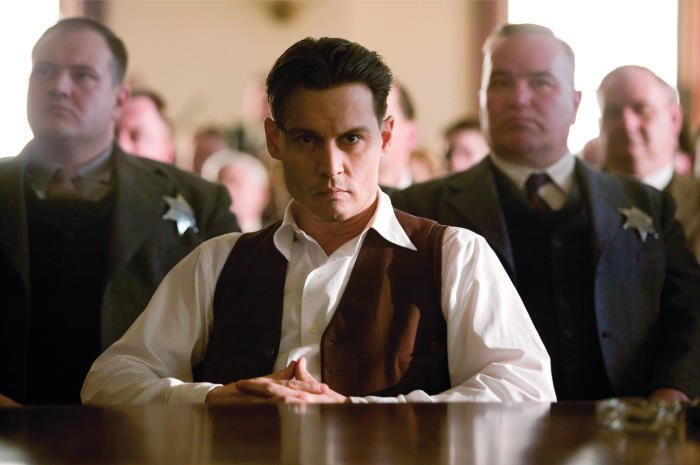
My first memory of this movie was watching it on HBO or STARZ with someone as a kid. I don’t remember much about my reaction, but I do remember the person I was with saying, “this movie is so damn ugly.” While Mann is consistently praised for his innovations and push towards digital filmmaking (his digital films still look better than everyone else’s) the initial reactions to the look of Public Enemies were understandably adverse. I can still understand, just compare this to Collateral – which makes a convincing argument for still being the best-looking digital film…ever. Back in 2009, the technology of the Sony HD cameras wasn’t quite there yet, for whatever effect Mann was maybe trying to convey – and there was a lot of experimenting happening this time. This all leads to Public Enemies being very dark, muddy, and sometimes hard to watch. Yet, it works for me, technically and thematically. There’s something interesting to think about how we follow John Dillinger, infamous bank robber, through the lens of this digital camera that does nothing but dilute the image and romanticism of Dillinger’s lifestyle. He’s a man who can’t keep up with the changing times – his competitors and the FBI’s technology are advancing faster than he can run – and he ultimately isn’t able to adapt.
Collateral
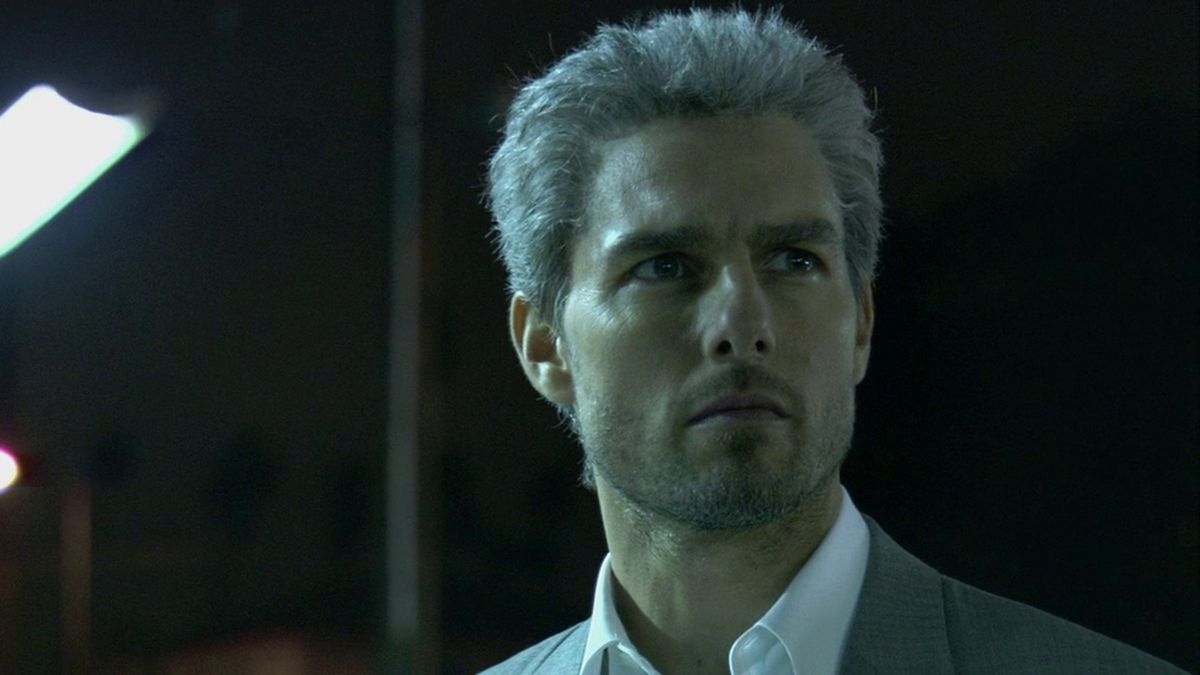
It’s not hard to make Tom Cruise unsettling – he’s an inherently creepy guy. But here, Mann manages to tap into something about him that no one has done before or since. That weird, robotic, and emotionally stunted quality makes him the perfect menacing hitman and foil to Jaimie Foxx’s Max. There’s a particular sensitivity and intensity captured in their interactions. Cruise’s Vincent berates Max for being content with his life as a taxi driver (“What the fuck are you still doing driving a cab!?”). But as the film unfolds and the quiet and contemptuous understanding between Vincent and Max grows, we learn that they’re both men stuck in a box of their own making. The only way to break free is to take the other out. It’s also one of the best-looking movies ever made – Mann films L.A with an almost dreamlike reverence, capturing the inherent beauty, and also its relentlessness. It’s alive and never stops. No matter who dies on the MTA.
The Insider
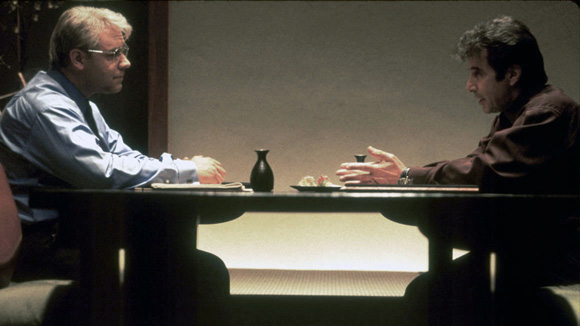
There’s an argument that The Insider might be Mann’s least interesting film. It’s far from being one of his best, and its flaws aren’t as interesting as his worst films. I think that argument is moronic. Mann is on cruise control – and he has turned a film and subject that can easily be written off as hackneyed Oscar bait into something compelling, intense, exciting, and triumphant. It’s a film about
“ordinary people, under extraordinary pressure,” and how they become heroes in the process. Mann explores the idea that in order to succeed in our modern world you’ll have to sacrifice your ethics and morals, how the media and corporations see people and stories like Jeffrey Wigand (played by Russel Crowe in his most vulnerable and captivating performance) as nothing more than commodities to exploit. And he says big Fuck you to them all in the greatest way possible by ending this film with Al Pacino popping his collar to a Massive Attack song.
Thief

In Mann’s feature debut, he explores the themes and ideas that will later come to define his career: taking shit from no one, men contemplating the ocean, and professionals who are damn good at their job. The film opens with a dialogue-less 10-minute sequence, accompanied only by Tangerine’s Dream, where James Caan’s Frank and his crew methodically and meticulously break into a high-tech safe. It sets the mood for the rest of the film, where we follow Frank, who is trying to leave the criminal life and break free from the hold his employers have on him after falling in love with a woman. A tale as old of time, and one Mann would slightly retell, but Mann makes it his own as we follow Frank through the wet and neon-filled nightlife of the city. It’s a film that you don’t see get made anymore, where all of the principal actors look like meat butchers, and you can smell cigarette smoke.
Ali

Muhammad Ali’s story of struggle and triumph sometimes feels like the stuff of myth. He’s a figure that is bigger than life. Mann manages to make him feel real and his triumphs hit harder. Ali is the perfect Mann protagonist – he fought to break free from people’s expectations of him and refused to take shit from anyone. Not the government and not the intuitions who were afraid of the influence he exerted and who tried to take that influence away. The film’s final moments is what remains with me – Ali has won the fight, won back his title, his legend. The rest of the movie could have sucked (it doesn’t), and that ending would have made it all worth it
Manhunter
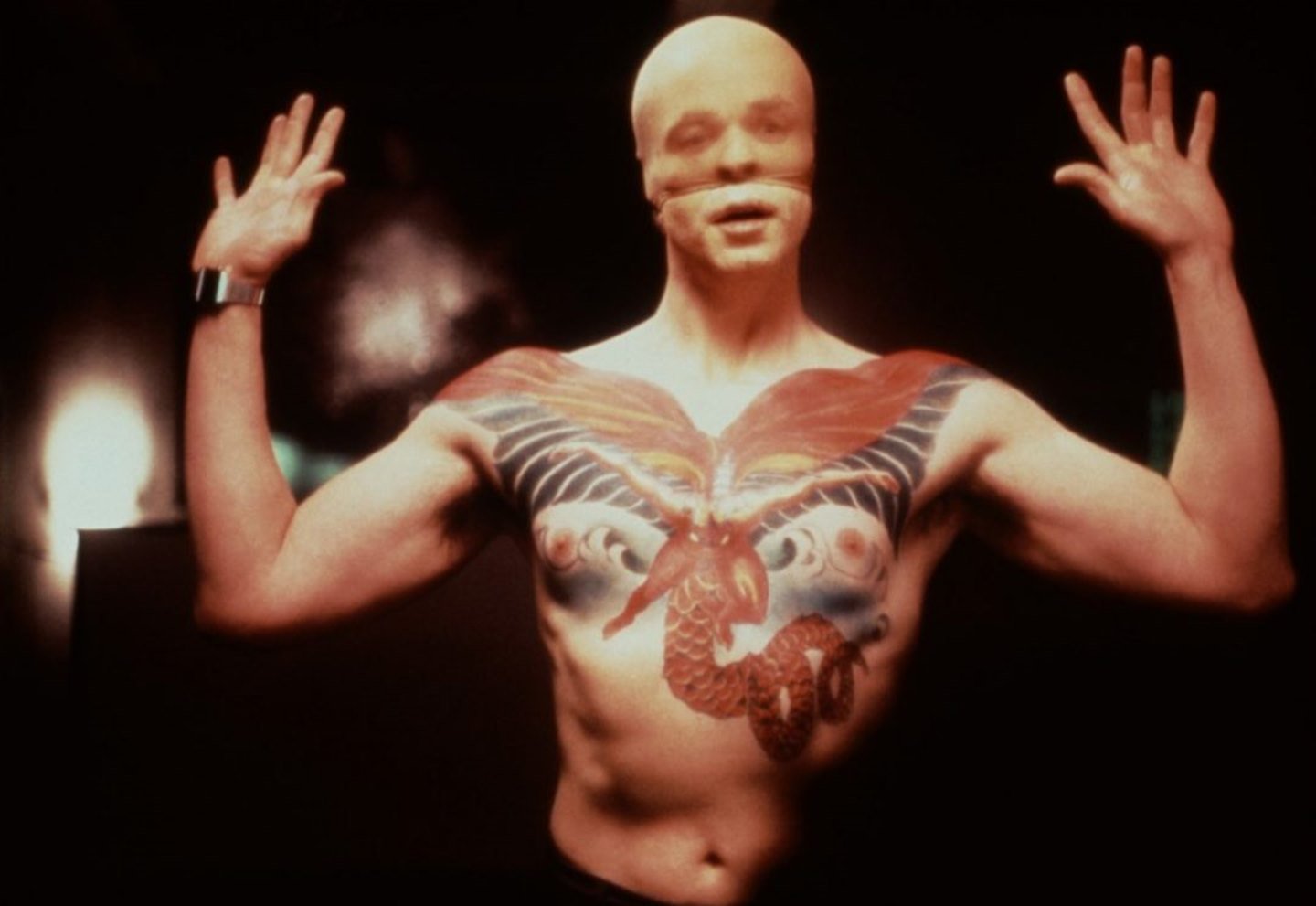
Weird that Brian Cox once played Hannibal Lecter before Anthony Hopkins, and no one ever really talks about it. Manhunter is an adaptation of Thomas Harris’s Red Dragon, and the first Hannibal Lecter movie ever. It’s a movie about the notion that in order to catch a psychopath, you kind of have to become one yourself. Will Graham, is a man who can’t help but enter the mind of a killer and truly throws himself into the case. Someone who as he puts it imagines dead families three four five and six. And Dolarhyde, who feels he can never enter the world until he has killed enough. Who repeatedly crosses the line between monster and human.
Blackhat
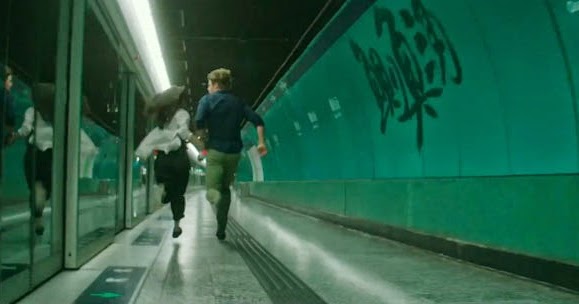
Blackhat stars Thor, as a hacker. The movie ends with a knife fight between Thor and a pudgy European loner, who says things like, “I hire others to do sub-symbolic stuff.” This movie is weird. But it’s the only way for Mann to evolve in the 21st century. It’s a world where traditional bank robbers are obsolete, people can destroy entire economies with what seems like a push of a button. You can tell by watching that Mann is scared by this reality. The future has never felt so scary and hacking has never looked so cool.
Miami Vice
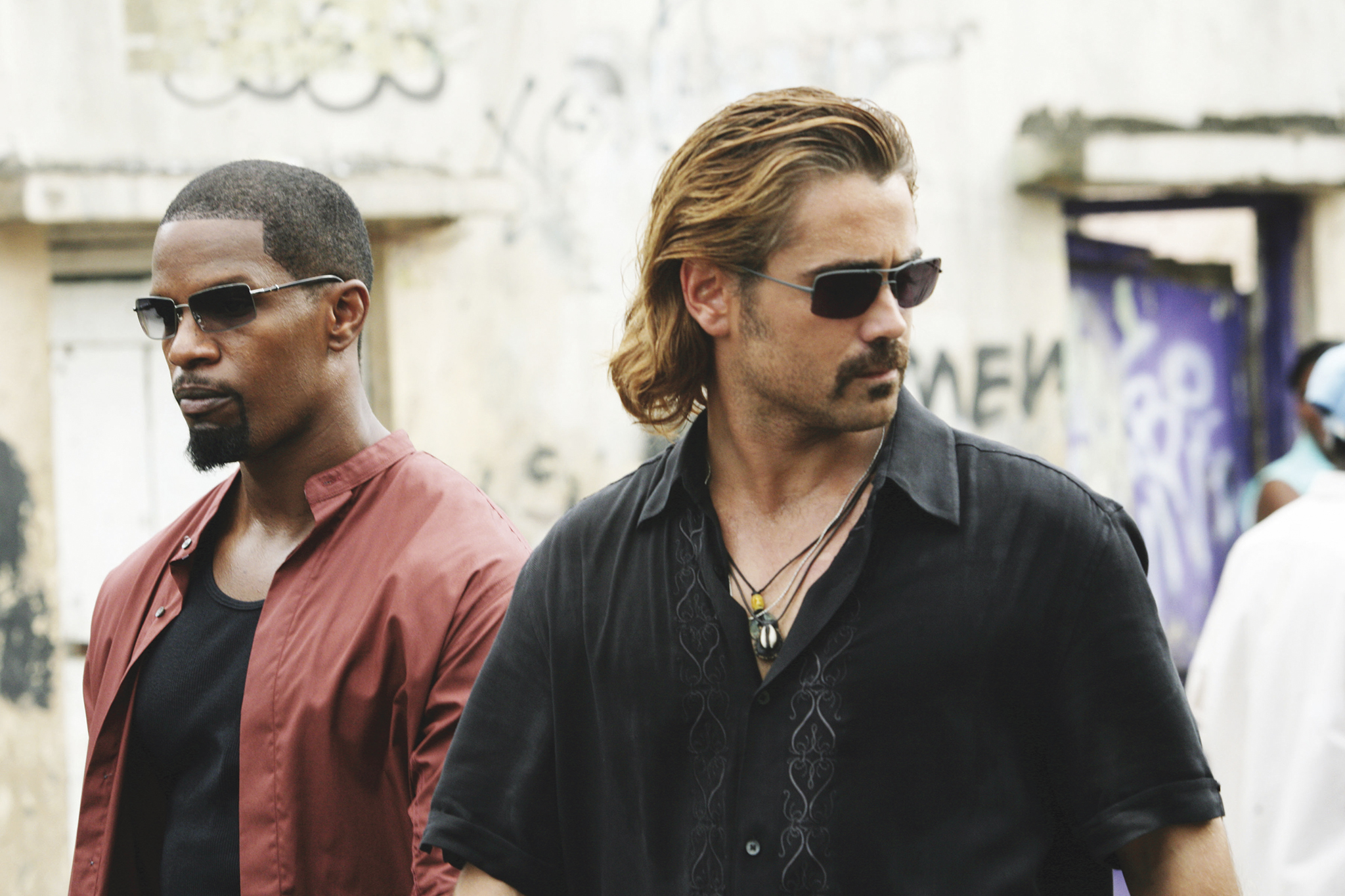
I’m not going to explain this or defend this movie. You’re either on this movie’s wavelength, or you’re not. There’s no other way to put it. Don’t bother trying to understand what is happening. Just put it on and go along for the ride.
Heat

Everyone’s been chasing behind the coattails of Heat since its lukewarm release. It inspired everyone from Christopher Nolan to Wes Anderson, yet despite all the imitations and how many times this story has been told, Heat always feels fresh, new, and exciting. It has so much going on for it – from the DeNiro and Pacino face-off to Jon Voight’s strange supporting part. There’s a moment where Pacino’s character almost gleefully runs down the stairs of a hospital, running from his family and any obligation to a normal life he has, to continue the chase. It’s the most revealing moment of the film. Because this is the best movie about all the ways cops and
criminals are alike (sorry Manhunter). Pacino’s and DeNiro’s characters’ try to break free from their true nature – their attraction to danger and violence – and they both fail in the end.

Tatiana Nunez is an English major on the Writing and Rhetoric Track and is in her Senior Year at FIU. Her favorite films include The Handmaiden and Heat. And her go-to genres are horror, action, and erotic thrillers.
